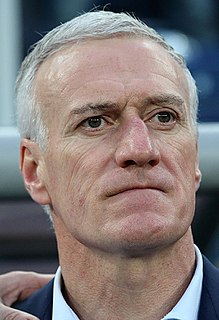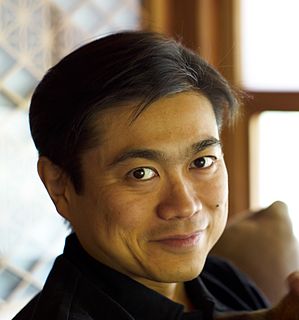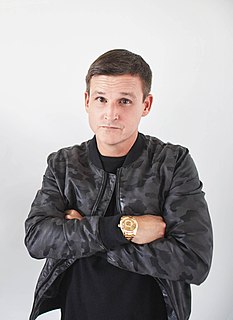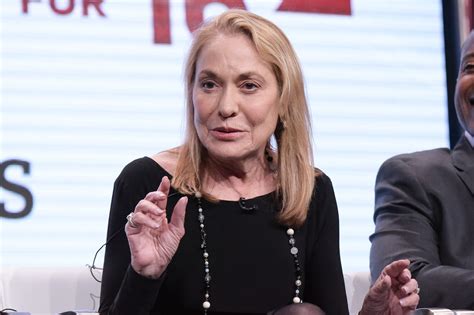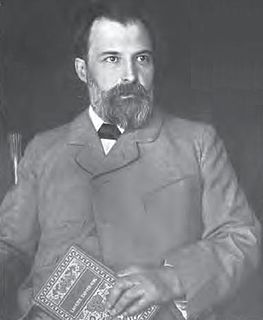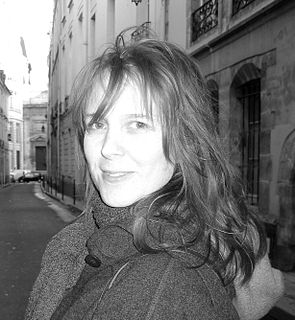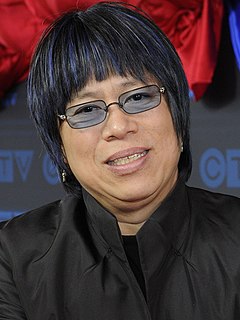A Quote by Sonali Bendre
The point of human evolution is adapting to circumstance. Not letting go of the old, but adapting it, is necessary.
Related Quotes
I was in Los Angeles making 'Dead Again' and the producer, Lindsay Doran , asked me if I'd be interested in adapting this book, .. Austen is my favorite author and I thought, 'Well, of course, I'd be very interested, but I don't know how. I don't know where to start, A, writing a screenplay and B, sort of adapting it from a great novel.
Evolution is all about passing on the genome to the next generation, adapting and surviving through generation after generation. From an evolutionary point of view, you and I are like the booster rockets designed to send the genetic payload into the next level of orbit and then drop off into the sea.
I never know who's influencing me at any time. I mean, I can take a play by Brecht and adapt it, I'm consciously adapting that play, or, as I've done with the Greek classics, Euripides and Oedipus, and I'm consciously adapting that play. Whether it influences me or not, I think it's the critics, the analysts who have to decide that. Me, I don't feel that I'm under the influence of any such sources.
Every project is different. Adapting 'Robopocalypse' would be totally different than adapting, say, 'Hunger Games.' Each project has its own life and its own identity. You get into trouble when you think there's one single way to approach everything. Each project, there's a different way to attack it.
It's one of those things where the book has all these stars that burn really bright that you hang onto and they're all saying, 'This is The Girl on the Train experience.' All those stars or hooks needed to be in the film, but sometimes they needed to be a bit different. It's important when adapting such a popular book to hit all those points but also break out expectations without slaughtering the book. And that was, for me, the joy of adapting the book.

